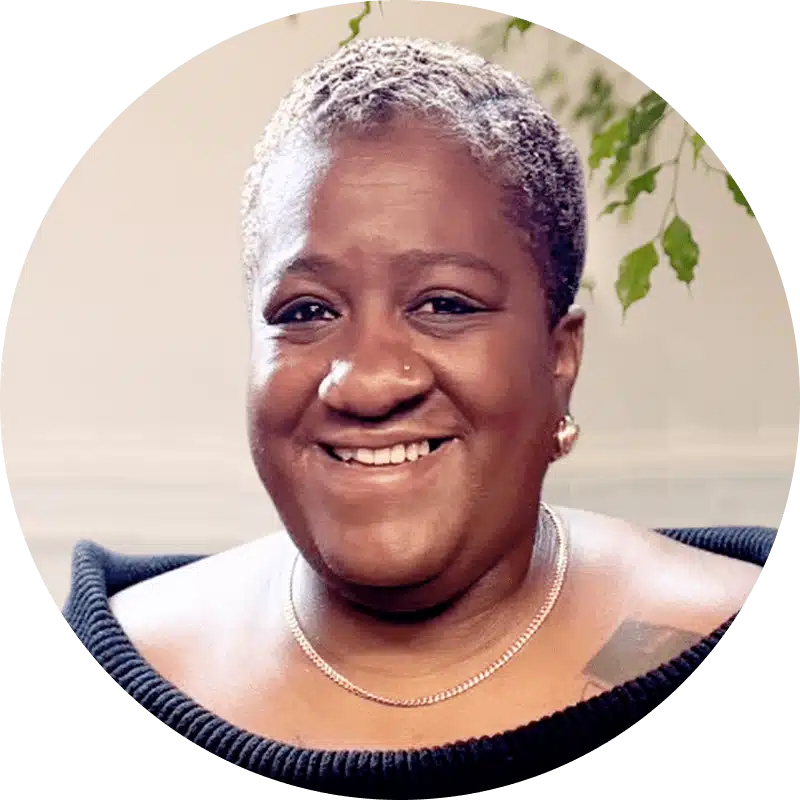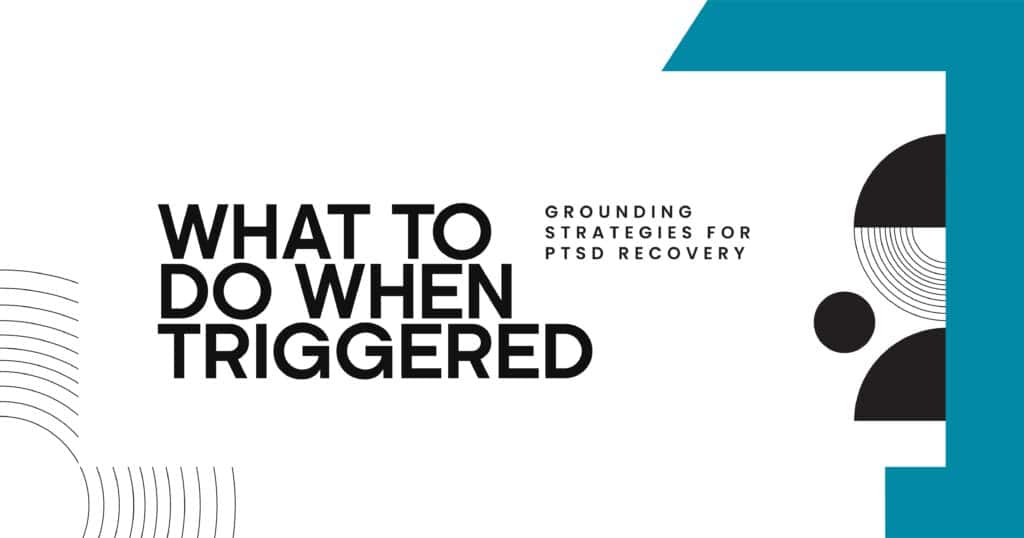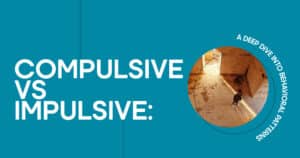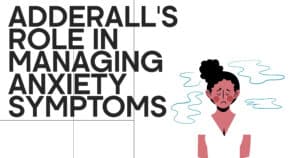Recovering from post-traumatic stress disorder (PTSD) is a challenge for any person – besides, it takes time, and it is nearly impossible to get your life back on track within just a few days especially if your life has been overshadowed by this disorder for years. PTSD triggers are yet another problem – you can be reminded about the traumatic events you left in the past against your will.
Let us take a look at PTSD triggers – we will learn what to do when triggered by PTSD, what techniques you should implement to calm yourself down, and what treatment options are available for a person who wants to see progress in their mental health journey.
Understanding PTSD and How Triggers Work
PTSD is a difficult condition to live with since you never know when you might be triggered by something external and reminded about the worst day or period of time in your life. One of the most severe consequences of PTSD is flashbacks – you feel as if you are experiencing the traumatic event once more.
You may have a strong emotional response to an innocent sound or smell if it reminds you of something you are trying to forget. Exposing yourself to triggers to develop tolerance is also rather hard – you may not know how to do it safely and worsen your condition.
What Causes PTSD Triggers?
Since everyone’s PTSD is different, your triggers will be unique as well. Some people are able to move on with their day even if their friend brings up distressing events they lived through, while others will experience flashbacks triggered by a particular sound or smell.
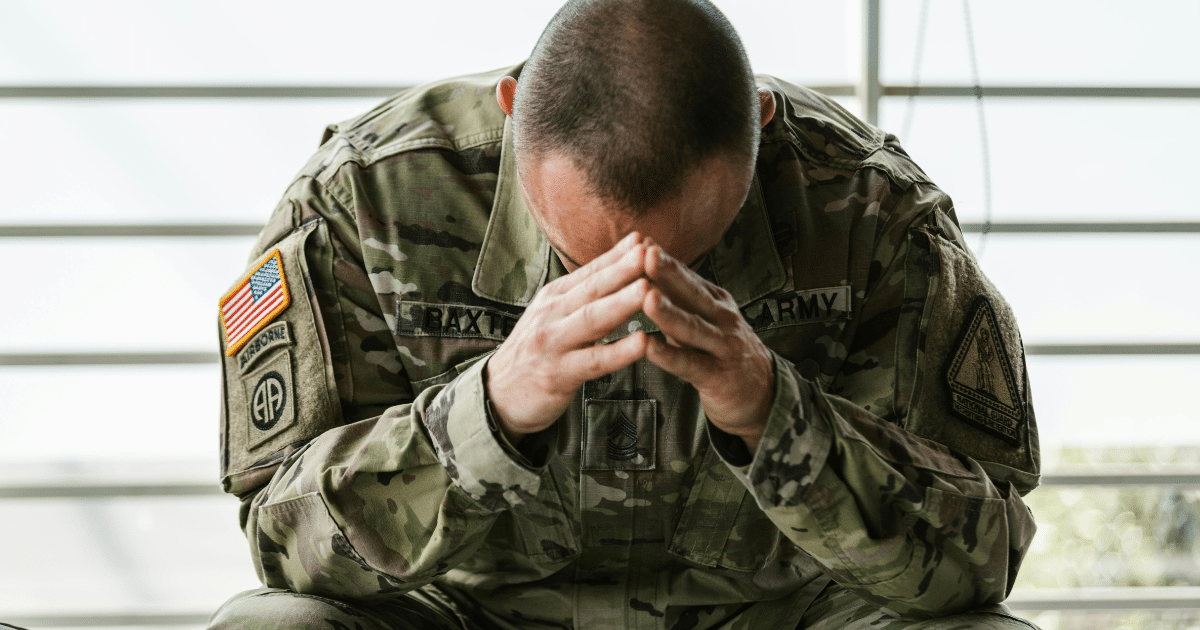
You might feel anxious, scared, or disoriented when meeting a person with similar appearance to the individual who hurt you, seeing an object that was in your vicinity when you were abused or assaulted, or hearing loud sounds on TV and panicking because it may remind you of a gunshot that caused PTSD in the first place.
What to Do When Triggered by PTSD: Immediate Grounding Strategies
Grounding – also known as reconnecting with the current moment – is one of the most effective solutions for people whose PTSD disrupts their daily lives. You can even put an end to flashbacks, get away from upsetting feelings, and stop dissociating if you are able to concentrate on the present and your security.
Grounding means using the five senses to distract yourself from intrusive thoughts. Whether you hum a song, pour water on your hands, or chew gum, you can relax and continue working, studying, or spending time with your loved ones.
Fast-Acting Methods You Can Use Anywhere
If you cannot contact a mental health specialist right away when you are triggered by something, there are still ways to relax within a few minutes. Stop doing whatever you were doing and distract yourself – you can breathe deeply and slow down your heart rate, listen to calming music, take a quick walk to unwind and get some fresh air, or count as you are sitting in a comfortable position focusing on numbers from 10 to 1.
How to Cope with Post-Traumatic Stress in Daily Life
The majority of people with PTSD are leading seemingly normal lives – you would not suspect that someone lived through a disturbing event that may have impacted their psyche in a negative way. Still, there are some post-traumatic stress disorder coping strategies a person with this condition should implement in their daily life:
| Advice | Description |
Structure and Routine | The importance of schedules, plans, and predictability in general for a person suffering from PTSD cannot be overstated. When you know ahead what awaits you during the day, you can relax and enjoy a sense of security |
Mindfulness Practices | Dedicate a few minutes of every day to various mindfulness exercises – you can do yoga, meditate, or focus on breathing exercises. All these restorative activities will improve your wellness and prevent further manifestations of PTSD |
Active Socialization | Social connection plays a major role in the life of any individual who struggles with PTSD – you can rely on others for emotional support, feel safe and confident, and avoid stress and anxiety |
| Artistic Expression | It is possible to practice art therapy without the guidance of a specialist – you can pick a creative outlet and express your emotions by drawing, singing, or dancing |
Long-Term Coping Strategies for PTSD Recovery
| Strategy | Description |
Trauma-Focused Therapy | Traditional talking therapy may not resonate with a person diagnosed with PTSD – it is highly recommended to find a mental health professional who specializes in trauma therapy and PTSD treatment. A qualified therapist will also offer you to try therapeutic approaches that target negative thought patterns and gently expose you to situations and objects you fear |
| Eye Movement Desensitization and Reprocessing (EMDR) | An EMDR practitioner will explain how you can move your eyes to process memories as they are asking you questions and helping you work through the memories and images that come to your mind |
Medication Management | If you are working with a psychiatrist, they will examine your physical and mental state to tell you what medications will help you in addition to therapy. Medication is considered an effective approach when it comes to reducing symptoms – most psychiatrists prescribe antidepressants and mood stabilizers |
Group Counseling | Group therapy can become an excellent solution for a person who feels their experiences make them isolated and misunderstood. You can communicate with your peers who know firsthand what you have been going through, learn from their successes and setbacks, and forge connections that make you more confident on your mental health journey |
PTSD Self Help Vs. Professional Support: What’s Right for You?
Many people believe they know what to do when triggered by PTSD, which is why they do not seek professional help or undergo a thorough examination to get access to prescription medication that would prevent PTSD from interfering with their lives.
While it is up to you to decide whether you need counseling or not, one or two therapy sessions with a specialist who will look into your medical history and assess your symptoms is a smart idea. You should be on top of your
Reach Out for Help: CA Mental Health Is Here for You
Coping with PTSD on your own is a challenge no matter how confident and resilient you are. If your attempts to manage your PTSD have not been sufficient or you want to adjust the medication you have been taking, the best solution would be to talk to a mental health specialist equipped with in-depth knowledge to help people who have gone through traumatic events in the past.
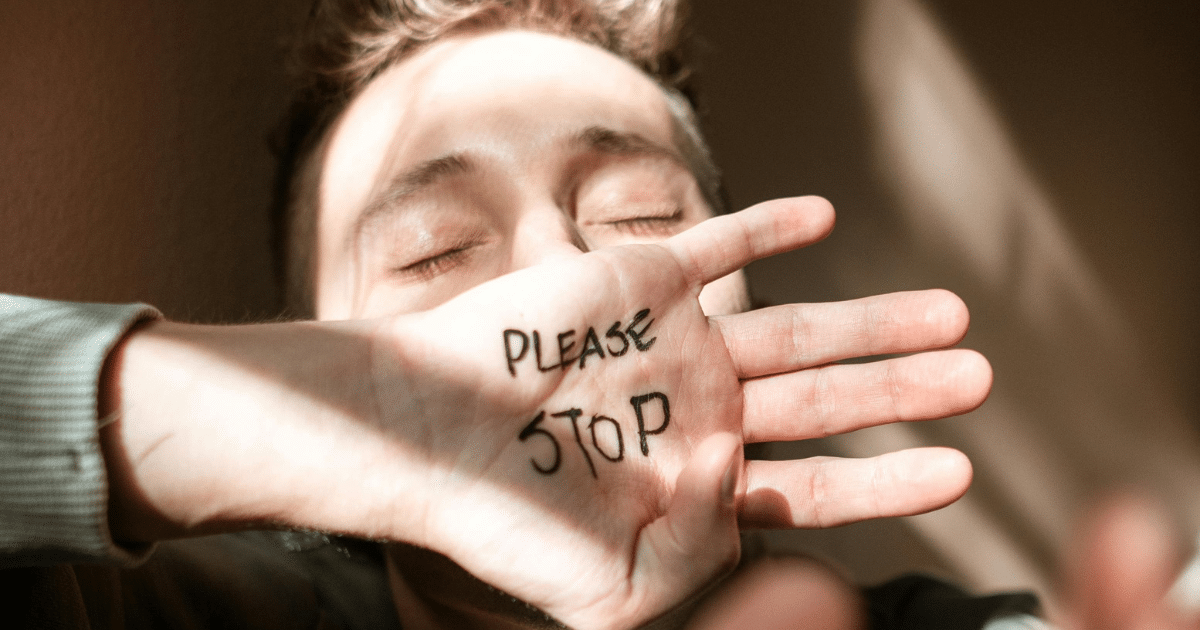
Contact CA Mental Health today and schedule your first appointment – together we can help you start a transformative journey and figure out how to deal with PTSD to benefit your mental and physical health.
FAQs
What should I do first when I feel triggered by PTSD?
Try to distance yourself from the trigger – get to a safe and calm environment. Make sure you are able to sit comfortably and get enough fresh air. Do some breathing exercises and focus on positive affirmations – remind yourself that you are safe and you are no longer threatened by anything from your past.
How can I cope with post-traumatic stress in the middle of my daily routine?
It is possible to incorporate grounding techniques into your regular life so that you can stay away from unwanted thoughts, flashbacks, and even hallucinations. Use your five senses and touch, smell, and listen to things around you to remember where you are and prevent dissociation, go for a walk to connect with nature, stretch your body during a quick workout session, count from 10 to 1 or from 5 to 1, recite a poem or lyrics to a song you love, and distract yourself with funny videos and stories that always make you laugh.
What are the most effective self-help techniques for dealing with PTSD?
While the guidance of a therapist is necessary for many individuals to recover from PTSD, you can try to overcome this disorder on your own by utilizing relaxation methods, improving your physical health by making smart lifestyle choices, and writing down your emotions and feelings after a panic attack or flashback to notice certain patterns and know how to react next time.
Why is it so hard to focus when you’ve experienced trauma?
Trying to focus with trauma is not an easy task especially if you have flashbacks and intrusive thoughts – you will experience cognitive decline and memory issues, become less productive, and feel unable to concentrate on a conversation. Lack of clarity and mental fatigue are too overwhelming for a person who has not processed their trauma and has not mastered coping skills to relax and be in control of their emotions.
When should someone with PTSD seek professional help?
While there are numerous self-help techniques for an individual with PTSD, sometimes the impact of the disorder is too severe for a person without proper training to function normally. If you cannot fall asleep, your mind is racing, and you feel anxious and depressed for a long time, it makes sense to enlist the support of a mental health professional.



